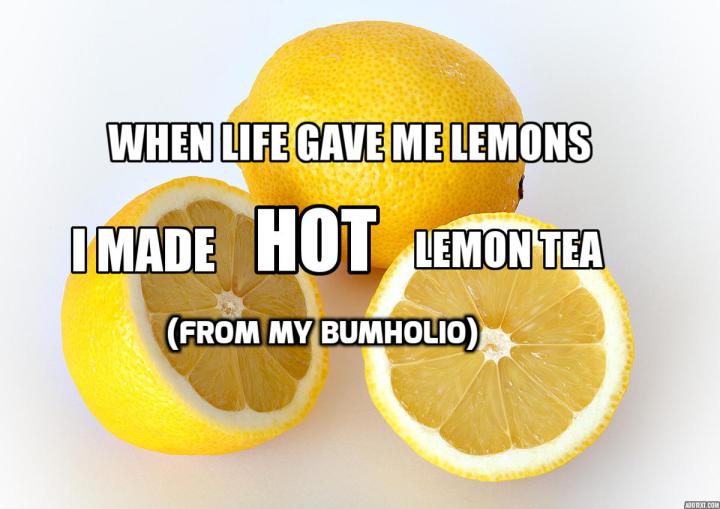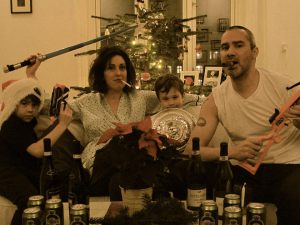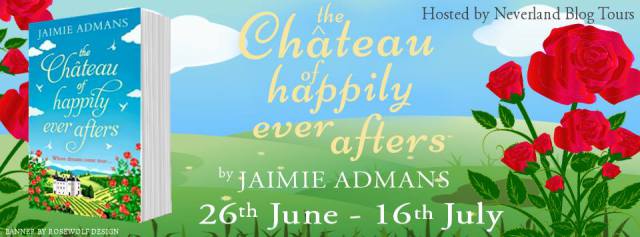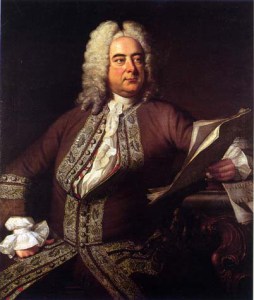
Handel by Thomas Hudson, 1748
This month, Handel’s Water Music celebrates its 300th birthday, so we here at MusiCB3 thought we’d take a moment to slip anchor, and go on a little sailing trip for ourselves to see what we might catch. And may I say, how pleasant it is to be back in the 18th century, taking a little break from the delights of the Hans Keller archive. So, to business:
[London, 19th July 1717: Extract from a report to Berlin of the occasion written by Friedrich Bonet, the Prussian Resident in London]:
A few weeks ago the King expressed to Baron Kilmanseck His desire to have a concert on the river, by subscription, similar to the masquerades this winter which the King never failed to attend…The necessary orders were given and the entertainment took place the day before yesterday. About eight in the evening, the King repaired to his barge…Next to the King’s barge was that of the musicians, about 50 in number, who played on all kinds of instruments, to wit trumpets, horns, hautboys, bassoons, German flutes, French flutes, violins and basses; but there were no singers. The music had been composed specially by the famous Handel, a native of Halle, and His Majesty’s principal Court Composer.
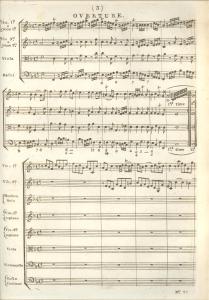
Ouverture from the B flat suite of Handel’s Water Music published by Samuel Arnold c.1788 [M200.a.6.7]
The Daily Courant for 19th July picks up the story:…a City Company’s barge was employ’d for the Musick, wherin were 50 Instruments of all sorts, who play’d all the Way from Lambeth (while the Barges drove with the Tide without Rowing, as far as Chelsea) the finest Symphonies, compos’d express for the Occasion, by Mr. Hendel [sic]; which His Majesty liked so well, that he caus’d it to be plaid over three times in going and returning. At Eleven his Majesty went a-shore at Chelsea, where Supper was prepar’d, and then there was another very fine Consort of Musick, which lasted till 2; after which, his Majesty cam again into his Barge, and return’d the same Way, the Musick continuing to play till he landed.

Air from the Water Music, published by Samuel Arnold c.1788 [M200.a.6.7]
Nothing more is known about the actual logistics of the first performances of what has since become one of Handel’s most popular works (along perhaps, with Messiah at the top of the list and the Music for the Royal Fireworks an equal second). We don’t know how many of each of the instruments listed in Bonet’s account were used, nor how Handel directed his musicians, let alone the order of the 22 movements which today we usually hear as three separate Suites. Some of us remember our first acquaintance with the pieces in the arrangements for full orchestra by Hamilton Harty [M310.c.95.13], some time before a better understanding of the performance practice of Handel’s time grew through the work of scholars and musicians such as Christopher Hogwood and Sir John Eliot Gardiner which enabled us to enjoy the music in a way which Handel and George II would have recognised.
Handel’s Water Piece, printed by Preston & Sons, c.1798 [MR340.a.75.21]
Here at the University Library we have well over 100 scores of the Water Music in nearly as many manifestations, such is its appeal, from scholarly editions as part of the complete works (ranging from the first published by Samuel Arnold between 1787 and 1797 [MR200.a.6.7] to the latest from Bärenreiter [M200.a.35.413b]) to arrangements for every possible combination of instruments imaginable (and some not). My favourite to conjure with is probably Stuart Orford’s of two movements for six violas [A1999.453] – what a wonderfully rich sound they would make! Over at the Pendlebury Library, our earliest arrangement of movements from the suites dates from about 1745 (when Handel was still very much alive and composing) and was , donated to the Pendlebury by CUMS. [XRa.850.17A.X1-8] Other early arrangements we hold there include the Allegro from the D major suite of the ‘Water music’, HWV 349 published by John Bland in about 1790. [XRa.850.17B.X69]Neither do we lack for recordings at the Pendlebury including those by Jordi Savall [CD.M.358], Trevor Pinnock [CD.M.459], Christopher Hogwood [CD.AAM.124], and a DVD of the re-creation of the performance on the Thames done by Andrew Manze at [DVD.A.6]. For anyone wishing to follow up a little more on the background, you could do no worse than consider Christopher Hogwood’s book on both Water and Fireworks music in the Cambridge Companion series [M672.c.200.7]. The UL also holds a contemporary manuscript of a fragment of the famous ‘Air’ in the F. T. Arnold bequest [MS.Add.7059(25)].
If anyone reading this is passing the Foundling Museum in London in the next few weeks, do drop in and have look at the earliest known source of the music (done by two copyists) on loan from the Royal Society of Musicians as part of a larger display exploring the work. Equally, if you are passing Brook Street pop in to the Handel House Museum and enjoy one of the concerts celebrating this very special 300th birthday.
SW

- More

